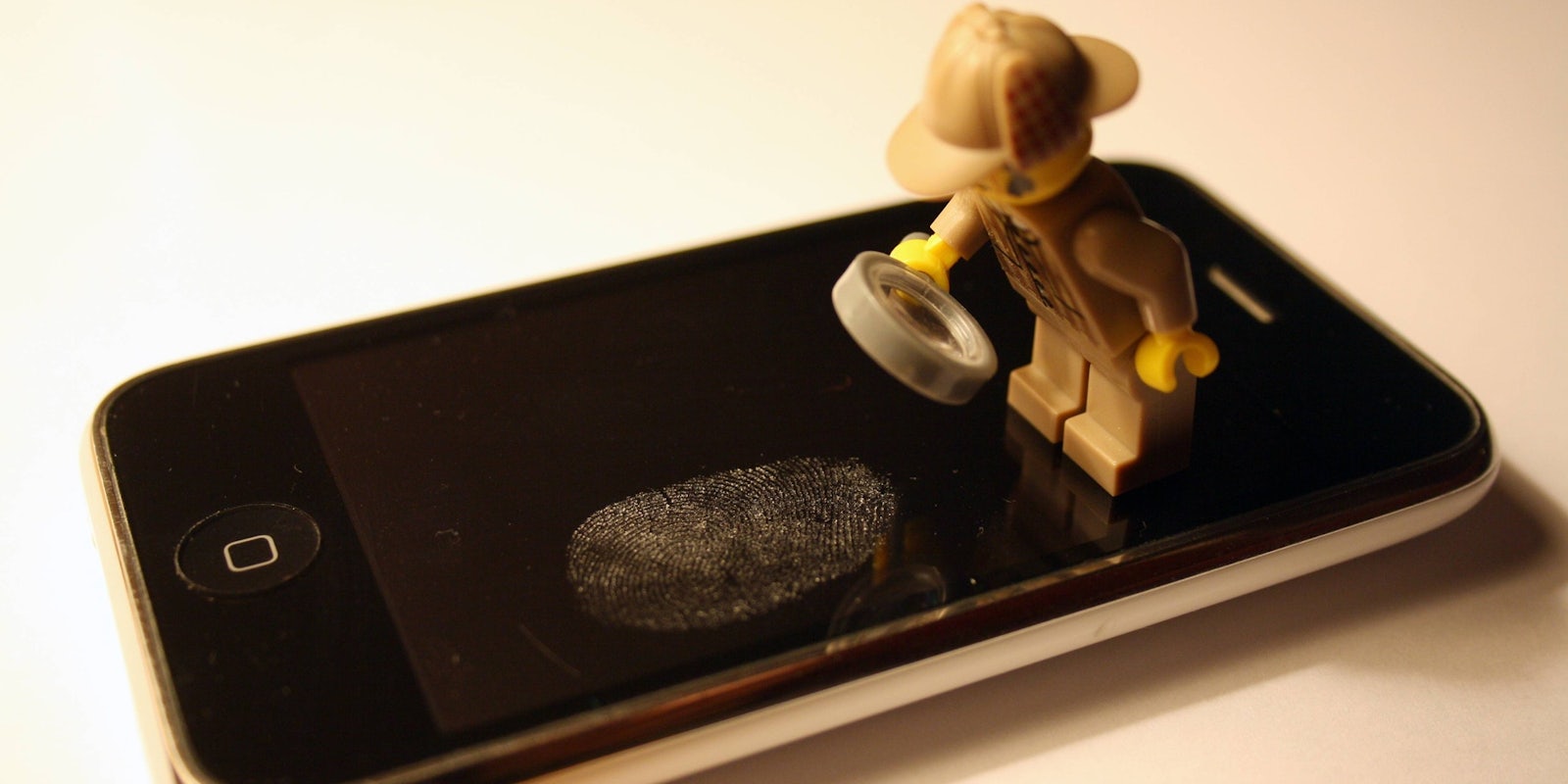Senator Ron Wyden (D-Oreg.) has introduced a bill to protect Americans from something many may not have realize was an issue: the government tracking their location through their smartphones.
It’s become almost an annual tradition for Wyden to introduce the bill, which according to Wyden’s office “creates a legal framework designed to give government agencies, commercial entities and private citizens clear guidelines for when and how geolocation information can be accessed and used.”
Practically speaking, though, it means that law enforcement and intelligence agencies would need a warrant or court order to give them the authority to collect cellphone location information on American citizens.
That’s especially relevant in the recent revelations of just how enormously popular Stingrays have become in the U.S. Also known as IMSI catchers, Stingrays mimic cellphone towers to trick nearby phones into sharing the phone’s location and other information. While their exact prevalence is a mystery, there are numerous confirmed locations of federal and law enforcement Stingrays across the U.S.
Wyden’s bill is also a not-so-secretive nod to the fact that the National Security Agency had previously experimented with a program to track Americans’ locations in bulk through their phone signals. That information comes from a Freedom of Information Act (FOIA) request by the Electronic Frontier Foundation, which compelled the NSA to reveal the program. It seems from those documents that the program has since been discontinued.
“As we’ve said before,” NSA spokesperson Vanee Vines told the Daily Dot in an email, “the only domestic intelligence program that involves bulk collection falls under [Section 215 of the Patriot Act]—and it does not include geolocation data.”
A staffer at Wyden’s office indicated to the Daily Dot that the NSA’s discontinued program was at least part of what compelled the senator to introduce the bill. When asked if there were any particular NSA programs that compelled Wyden to create the bill—Wyden is a longstanding member of the Senate Intelligence Committee, and thus has far more access to secret agency information than an average citizen—the staffer pointed to former NSA Director Keith Alexander’s testimony to Wyden in 2013.
In the clip above, which includes the portion of the testimony the staffer referenced, Wyden asks “whether the NSA has ever collected or made any plans to collect Americans’ cell site information in bulk.” [Emphasis his.]
But Alexander insisted on reading straight from a letter by Director of National Intelligence James Clapper and would only say that “Under section 215, NSA is not receiving cell site location data and has no current plans to do so.” The specific wording leaves open the possibility that the NSA had a program in the past.
Either way, if Wyden’s bill were to pass, it would theoretically keep the NSA from starting such a program up again. The bill does have support from members of both parties and in both houses of Congress, though it’s previously not gotten enough support to go for a vote.
Photo via CJ Isherwood/Flickr (CC BY SA 2.0)


